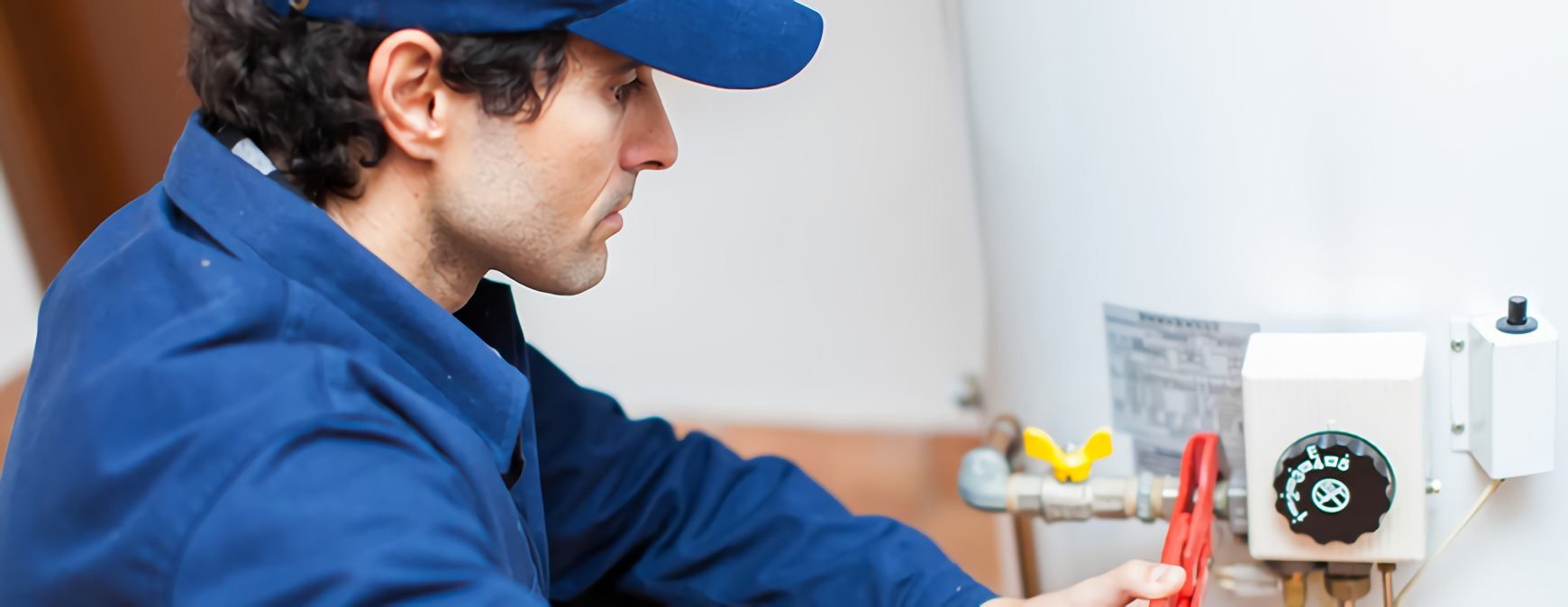RSI is a Great Training Option for Everyone
Learn more about how we can prepare you to advance your career.
While there is generally a high demand for trained skilled trade professionals, potential pay and work environments for each field is different. For instance, let’s take a look at the similarities and differences between HVAC technicians and plumbers.
HVAC Technician Job Duties
While the exact duties of an HVAC technician will vary depending on which type of industry he or she works in, those who are employed in this field are commonly called on to design, install or repair HVAC or HVAC/R systems. HVAC technicians also connect such systems to fuel and/or water supply lines, install electric wiring and controls for HVAC systems and test individual components to ensure that everything is working properly. Additionally, they will frequently measure an HVAC system’s energy usage and make recommendations to improve a system’s efficiency.
HVAC technicians who have training in refrigeration may also be called on to create, install or repair large commercial refrigeration units. Other specializations that may be acquired from a vocational training school include working with solar paneling and water based heating systems.
Training and Job Prospects for HVAC Technicians
Generally, an HVAC technician can receive training either via an apprenticeship or at a technical school. The latter option is particularly ideal for several reasons. Technical school courses take less time to complete than a formal apprenticeship and offer training in various specializations, such as solar energy and refrigeration. Technical schools also offer training in related skills (i.e. computers and electronics) that are expected to be in high demand among future employers. In addition to formal training, a technician with HVAC certification must obtain a license in most states in order to work in this field.
The average annual wage for HVAC technicians is $46,880, which comes to $22.54 per hour; however, it is possible for HVAC technicians to make over $70,000 per year. Experience, training, geographical location and industry all have a bearing on how much he or she will earn. The Bureau of Labor Statistics sets job growth in this sector at 21%.
Get Started on the Path to a New Career
Fill out our form to learn how we can help you change your life.
Plumber Job Duties
Plumbers do a lot more than unclog toilets and sinks. They install pipes, fixtures and hot water heaters and inspect, test and repair pipe systems and pipelines. Plumbers that work for construction companies must be familiar with state and local building codes to ensure that a new building’s water and sewage system is in compliance with these codes. Plumbers that work for manufacturing companies and industries must be familiar with installing, maintaining and/or repairing pipes that carry water, steam, air, acids and/or waste byproducts.
Training and Job Prospects for Plumbers
Like HVAC technicians, plumbers must also learn their trade at a trade school or an apprenticeship. While apprenticeship is the most common form of training in this field, apprentices are also required to receive at least 246 hours of it. Plumbing courses teach safety tips, local plumbing codes and regulation, blueprint reading, math, applied physics and chemistry.
Job growth in this field is 21%, plumbers who know how to weld will find even more employment opportunities than those who have not learned this particular skill. Plumbing job openings are estimated to be particularly plentiful in states that adopt changes to the International Residential Code and thus require new single and double family homes to have fire sprinkler systems. The average annual wage for plumbers is currently $54,620, or $26.26 an hour.
In Conclusion
Both plumbing and HVAC work have much to offer. Job growth is above average in both fields and there is potential for a person in either trade to make a good living. However, no one job is better than the other. An individual should consider the requirements for each field and determine which line of work best suits his or her interests and talents. Interested applicants may contact RSI for more information about vocational training.
Additional Sources
This blog has been labeled as archived as it may no longer contain the most up-to-date data. For a list of all current blog posts, please visit our blog homepage at https://www.rsi.edu/blog/




